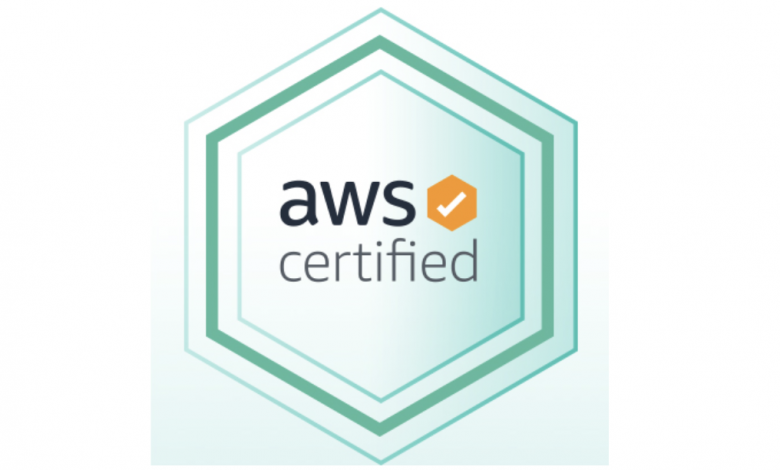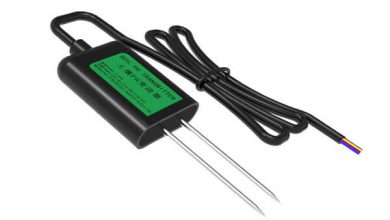Which Cyber Security Certification Path is Right For You?

For cybersecurity professionals with extensive experience, the CASP+ and GCIH are recommended cyber security certifications. Both exams validate your understanding of offensive operations, security best practices, and risk management. While neither of these certifications has formal prerequisites, you must have knowledge of security principles, networking protocols, and the Windows Command Line. In addition to that, you should be familiar with how to use a firewall. However, these are not the only certifications available to those with experience.
Depending on your interests, there are many career paths to consider. Cybersecurity certifications are the most well-known and respected credentials in this field. Cybersecurity is more than just putting up firewalls and breaking them. It is a human industry, and a career in cyber security will teach you how to interact with people on both sides of the network edge. Get in touch with Trade Line Mastermind to get aws cloud security certification. By exploring your options and deciding on a path that suits your goals, you’ll be able to find the perfect career path.
A CASP is a five-day certification training program for those with several years of experience and knowledge of security systems. It builds on the knowledge gained by the CompTIA Security+ certification, and participants are expected to apply more advanced techniques. It is also endorsed by the US Department of Defense. It is one of the most popular security certifications in 2018.
CompTIA has several certifications aimed at demonstrating your technical skills. The CASP+ certification is CompTIA’s highest level of security certification, and it offers a wide variety of job opportunities in security architecture. However, the CASP+ credential requires a practical course and a thorough understanding of various software and security products. With a comprehensive understanding of security architecture, a CASP+ will prepare you for the challenges of today’s cybersecurity environment.
The Certified Ethical Hacker (CEH) credential was created to help ethical hackers demonstrate their skills. The credential reinforces the uniqueness of this profession and ensures that those who hold the CEH have the skills necessary to protect organizations from cyberattacks. For the CEH, you must have at least two years of experience in the security field. The CEH Course is recommended to get the required expertise. The exam lasts four hours, and it includes 125 multiple-choice questions.
SSCP requires one year of experience in the field of cybersecurity and a bachelor or master’s degree. To earn the SSCP, you can take an online course offered by Coursera called the (ISC)2 Systems Security Certified Practitioner Specialization. Get cyber security certifications path now. This program is designed to help you gain the confidence needed to sit and pass the exam. The CASP+ is for cybersecurity professionals who want to stay in the technology field. It teaches fundamental security principles and applies cryptography techniques.
The CISM certification is a valuable credential for enterprise-level information security management. It requires CISM-level experience and a written exam. CISM certification is a vital resource for enterprise-level security management and helps organizations develop organizational best practices. To earn the CISM, you need five years of information security experience. It’s also possible to substitute teaching experience for the required experience. If you have a graduate degree in information security, however, you can still apply for the exam without a lot of experience.
The CISSP is the most recognized certification in the corporate world. It is arguably the toughest exam in information security, and the number of cyberattacks is on the rise. You can also choose aws cloud security specialty certification training. Cybersecurity professionals are at the forefront of protecting systems and networks of organizations. Moreover, the information security market is growing steadily. To help you find the best career path, we have compiled a list of some of the most important cyber security certifications.
CompTIA Security+ is an ideal starting point on the cyber security certification path. This certification teaches the theory and practical applications of cyber security. It includes hot topics such as network attacks, application security, risk management, compliance, and operational security. In fact, the Security+ is often used as a benchmark for entry-level talent by government agencies and leading certifying bodies. Its value is obvious. With such high demand, it is essential to pursue the certification path.




